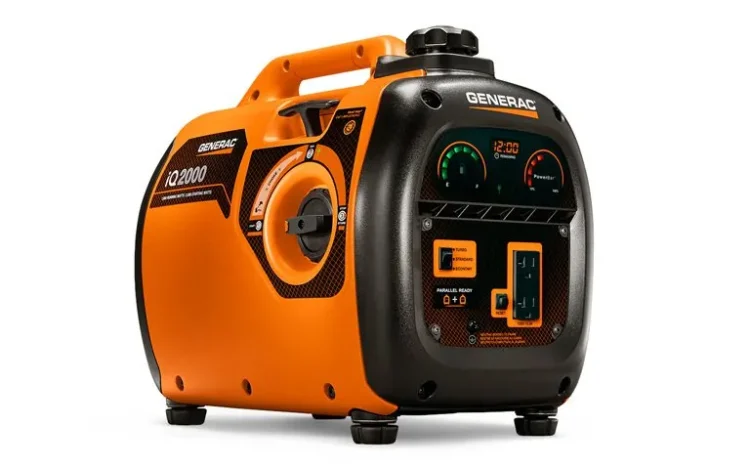Whether you’re preparing for a power outage, hosting an outdoor event, or managing a construction site, renting the right generator is crucial for reliable electricity. Choosing the wrong size or type can lead to inefficiency, equipment damage, or even safety hazards.
In this guide, we’ll walk you through the key factors to consider when selecting the perfect generator rental for your situation.
1. Determine Your Power Requirements
The first step is calculating how much power you need. Add up the starting and running wattage of all essential devices and tools you plan to run simultaneously.
- Small generators (1,000–3,000 watts): Ideal for camping, small appliances, or emergency home backup (fridge, lights, phone charging).
- Medium generators (3,500–8,500 watts): Good for job sites, RVs, or powering multiple home essentials.
- Large generators (10,000+ watts): Necessary for construction sites, large events, or whole-home backup.
Tip: Check appliance labels or use an online wattage calculator for accuracy.
2. Choose the Right Generator Type
Different generators serve different purposes:
- Portable Generators: Best for short-term use, outdoor events, or emergency backup. Require manual fueling (gasoline, propane, or diesel).
- Inverter Generators: Quieter, fuel-efficient, and produce clean power for sensitive electronics (laptops, medical devices).
- Standby Generators: Permanently installed, automatic backup for homes or businesses (runs on natural gas or propane).
- Towable Generators: Heavy-duty, high-capacity units for construction sites or large-scale events.
3. Consider Fuel Type & Runtime
- Gasoline: Easily available but less efficient for long-term use.
- Diesel: More fuel-efficient and durable for heavy-duty applications.
- Propane/Natural Gas: Cleaner burning and better for standby units, but requires a fuel hookup.
Check the generator’s runtime at 50% load to ensure it meets your needs without constant refueling.
4. Evaluate Noise Levels
If noise is a concern (e.g., for events or residential areas), look for:
- Quiet generators (50–60 dB) – Inverter models are ideal.
- Soundproofed or towable enclosures – Used in construction or industrial settings.
5. Check Safety & Rental Logistics
- Transfer Switches: Required for home backup to prevent backfeeding (a dangerous electrical hazard).
- Ventilation: Never run a generator indoors or in enclosed spaces (risk of carbon monoxide poisoning).
- Delivery & Setup: Some rental companies offer delivery, installation, and pickup services.
- Insurance & Permits: Verify if your rental includes liability coverage or if local permits are needed.
Final Tips for a Smooth Rental Experience
- Test the generator before taking it to your site.
- Follow manufacturer guidelines for operation and maintenance.
- Keep extra fuel safely stored if running for extended periods.
Need a Reliable Generator Rental?
At Foxhole Rental LLC, we offer a wide selection of generators to fit any need—from small portable units to industrial-grade power solutions. Contact us today for expert advice and competitive rates!
Have questions? Ask us in the comments below!

